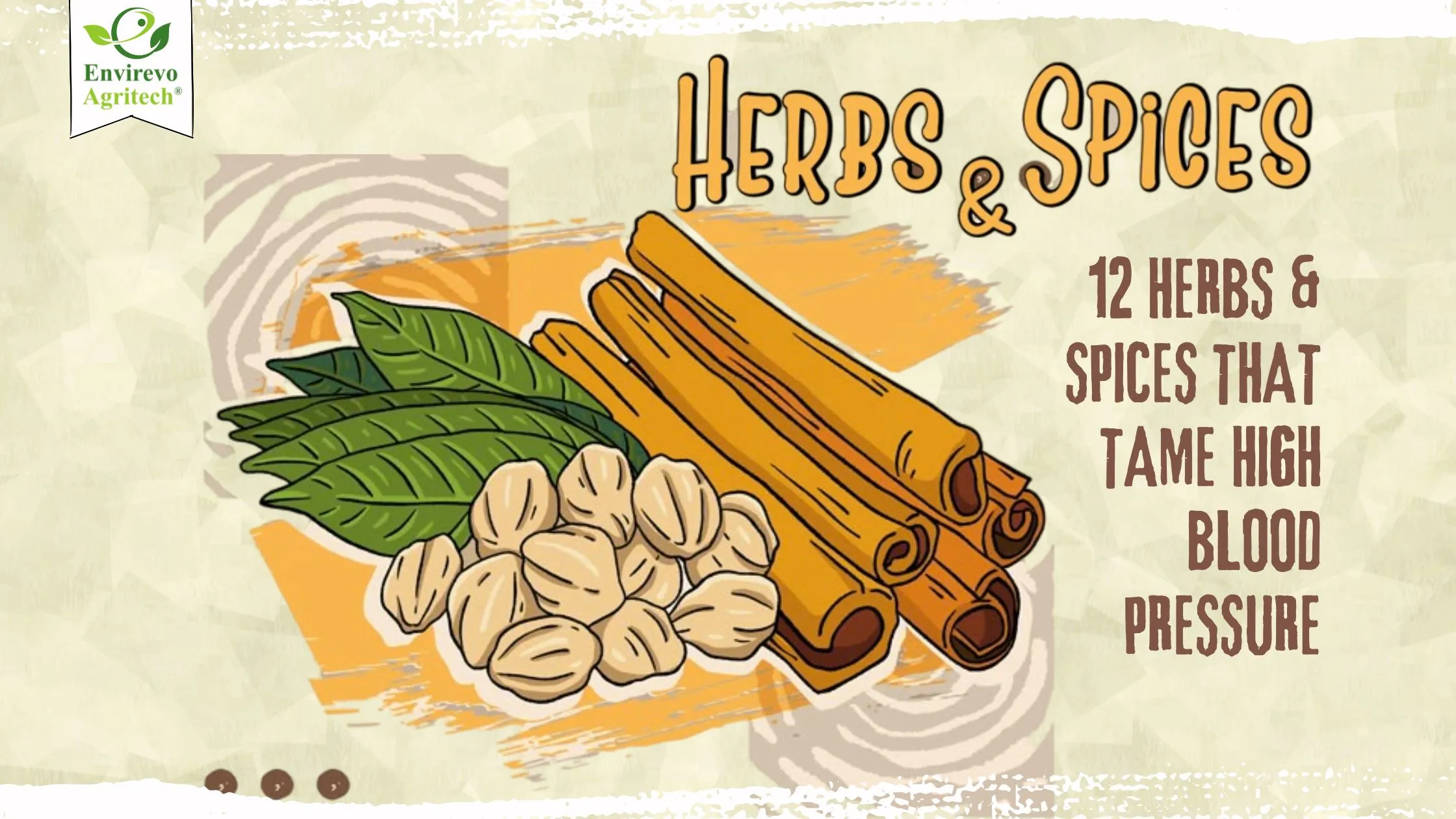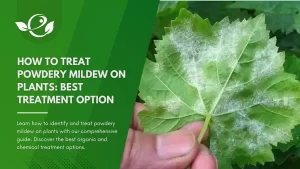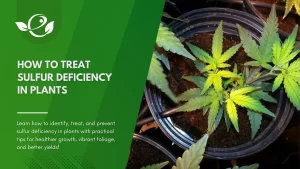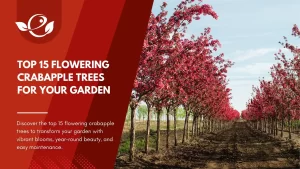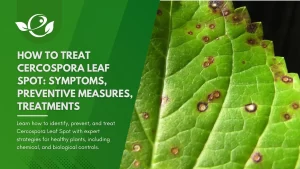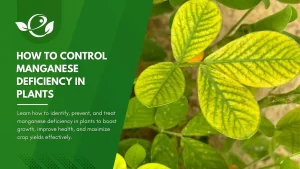Table of Contents
High blood pressure, also known as hypertension, affects millions of people worldwide and is a leading risk factor for heart disease, stroke, and kidney failure. While prescription medications play a critical role in managing high blood pressure, many individuals are also turning to natural alternatives to complement their treatment. Among the most promising natural remedies are herbs and spices—not only do they add flavor and aroma to meals, but many are also backed by scientific research for their ability to support cardiovascular health.
In this article, we explore 12 powerful herbs and spices that lower high blood pressure naturally, supported by research, and offer tips on how to incorporate them safely into your lifestyle.
What Causes High Blood Pressure?
Understanding the causes of high blood pressure can help you manage and prevent it more effectively. Hypertension occurs when the force of blood against your artery walls is consistently too high. Over time, this increased pressure can damage your arteries, leading to severe health complications.
Common causes and risk factors include:
- Unhealthy diet, particularly one high in sodium, saturated fats, and processed foods
- Lack of physical activity
- Chronic stress
- Smoking and alcohol abuse
- Genetics and family history
Fortunately, along with lifestyle changes, incorporating certain herbs and spices can support better blood pressure regulation by promoting vasodilation, reducing inflammation, improving circulation, and supporting kidney function.
12 Herbs and Spices That Lower High Blood Pressure Naturally
1. Garlic (Allium sativum)
Garlic is among the most well-researched natural remedies for high blood pressure. It contains a compound called allicin, which is responsible for its characteristic smell and many of its health benefits. Allicin has vasodilatory effects, meaning it helps relax and widen blood vessels, making it easier for blood to flow and reducing pressure on arterial walls.
What the Research Says:
Studies have shown that garlic supplements can significantly lower both systolic and diastolic blood pressure in people with hypertension. A 2016 meta-analysis published in the Journal of Nutrition found that garlic extract reduced systolic pressure by up to 10 mm Hg in hypertensive patients.
How to Use:
- Raw garlic is the most potent form, but it can be harsh on the stomach.
- Cooked garlic still retains some benefits.
- Garlic supplements standardized to contain allicin are convenient for daily use.
2. Basil (Ocimum basilicum)
Basil is more than just a fragrant addition to pasta dishes. This herb is rich in eugenol, a compound known to block calcium channels. By inhibiting calcium influx into cells lining the blood vessels, eugenol helps the vessels relax and lowers blood pressure.
Scientific Backing:
Animal studies have demonstrated that basil extract can reduce blood pressure levels quickly, although more human studies are needed to confirm these effects. Still, basil’s antioxidant and anti-inflammatory properties make it a valuable addition to a heart-healthy diet.
How to Use:
- Add fresh basil leaves to salads, sauces, and soups.
- Make basil tea or infuse it in water.
- Use basil essential oil for aromatherapy under medical guidance.
3. Parsley (Petroselinum crispum)
Parsley, often used as a garnish, is a nutrient powerhouse. It contains vitamin C, carotenoids, and compounds like apigenin and myricetin, which have been shown to support heart health.
Potential Benefits:
Parsley acts as a natural diuretic, helping the body eliminate excess sodium and water through urine. This process can reduce blood volume and, consequently, lower blood pressure.
How to Use:
- Blend fresh parsley into smoothies or juices.
- Add to soups, stews, and grain dishes.
- Brew as a mild herbal tea.
4. Cinnamon (Cinnamomum verum or C. cassia)
Cinnamon is a warming spice known for its rich aroma and numerous health benefits. It’s particularly effective for people with insulin resistance, a common factor in both diabetes and hypertension.
Mechanism of Action:
Cinnamon is believed to enhance nitric oxide production, which improves blood vessel dilation. It also supports better glucose metabolism, which is indirectly linked to healthier blood pressure levels.
Scientific Evidence:
A 2020 systematic review published in Clinical Nutrition concluded that cinnamon consumption led to modest but significant reductions in both systolic and diastolic blood pressure.
How to Use:
- Sprinkle ground cinnamon on oatmeal, yogurt, or coffee.
- Add to smoothies and baked goods.
- Take standardized cinnamon capsules after consulting your doctor.
5. Ginger (Zingiber officinale)
Used for centuries in traditional medicine, ginger offers a multi-pronged approach to blood pressure regulation. It improves circulation, reduces oxidative stress, and has anti-inflammatory effects.
How It Works:
Ginger may act as a natural calcium channel blocker and ACE inhibitor, mechanisms similar to pharmaceutical blood pressure drugs.
Supporting Research:
Several studies, including one from Hypertension Research in 2019, suggest that daily ginger intake is associated with a reduced risk of hypertension, especially when consumed regularly over the long term.
How to Use:
- Brew fresh ginger tea.
- Add grated ginger to stir-fries, curries, and soups.
- Use powdered ginger in baking or smoothies.
6. Cardamom (Elettaria cardamomum)
Cardamom is a fragrant spice traditionally used in South Asian and Middle Eastern cuisine. Rich in antioxidants and diuretic properties, cardamom may reduce high blood pressure by easing vascular tension and promoting fluid balance.
Clinical Evidence:
A 2009 study published in the Indian Journal of Biochemistry & Biophysics showed that hypertensive patients who consumed cardamom powder daily experienced significant reductions in blood pressure after 12 weeks.
How to Use:
- Add ground cardamom to tea, coffee, or baked goods.
- Use whole pods in stews or rice dishes.
7. Celery Seed (Apium graveolens)
Celery seed has long been used in Chinese medicine to treat hypertension. The seeds contain phthalides, compounds known to relax the tissues of the artery walls and increase blood flow.
How It Helps:
In addition to being a vasodilator, celery seed acts as a natural diuretic, helping flush excess sodium.
Studies:
Animal studies show promising results, and anecdotal human reports support celery seed’s effectiveness in blood pressure control. More clinical trials in humans are needed.
How to Use:
- Add ground celery seed to salad dressings and marinades.
- Brew as an herbal tea.
- Consider supplements after discussing with a healthcare provider.
8. Flaxseed (Linum usitatissimum)
Flaxseed is rich in omega-3 fatty acids, lignans, and fiber, all of which are beneficial for heart health and blood pressure.
Evidence-Based Impact:
A comprehensive study published in Hypertension journal found that consuming 30g of ground flaxseed daily reduced blood pressure in hypertensive patients, particularly those with peripheral artery disease.
How to Use:
- Add ground flaxseed to oatmeal, yogurt, or smoothies.
- Mix into baked goods or sprinkle over salads.
- Always use ground flaxseed for maximum absorption.
9. Hawthorn (Crataegus species)
Hawthorn is a traditional herbal remedy used to treat heart-related conditions. It contains flavonoids that improve coronary artery blood flow, strengthen heart contractions, and reduce blood pressure.
Research Highlights:
Several clinical trials suggest that hawthorn extract can lower blood pressure, especially when used in combination with other heart-healthy strategies. It’s commonly used in Europe for cardiovascular support.
How to Use:
- Take standardized hawthorn extract under professional supervision.
- Drink hawthorn berry tea.
- Avoid combining with heart medications without medical advice.
10. Turmeric (Curcuma longa)
Turmeric is well-known for its anti-inflammatory properties, thanks to its active compound curcumin. Chronic inflammation is a contributing factor to high blood pressure, making turmeric a valuable ally.
Blood Pressure Benefits:
Curcumin may help improve endothelial function (lining of the blood vessels) and reduce arterial stiffness. It also supports healthy blood sugar and cholesterol levels.
Best Practices:
- Take turmeric with black pepper (piperine) to enhance absorption.
- Use in curries, soups, or golden milk.
- Supplements offer a more concentrated dose.
11. French Lavender (Lavandula angustifolia)
Lavender is famous for its calming scent, but it also shows promise as a natural remedy for reducing blood pressure, particularly when stress and anxiety are contributing factors.
Relaxation and BP:
Aromatherapy with lavender essential oil has been shown to lower heart rate and blood pressure in clinical settings. Oral supplements and teas may also have mild hypotensive effects.
How to Use:
- Use lavender essential oil in diffusers.
- Brew dried lavender buds into tea.
- Consult with a qualified herbalist before ingesting oils or extracts.
12. Cat’s Claw (Uncaria tomentosa)
Used in traditional Chinese and South American medicine, cat’s claw contains compounds like hirsutine and rhynchophylline, which have been shown to act as natural calcium channel blockers.
Scientific Support:
Research suggests that cat’s claw can dilate blood vessels and improve blood flow, thereby lowering blood pressure. However, more human clinical trials are needed.
How to Use:
- Take cat’s claw supplements in capsule or tea form.
- Only use under professional supervision, especially if on medication.
How to Safely Use Herbs and Spices for High Blood Pressure
While these herbs and spices can offer natural support for blood pressure control, it’s important to use them responsibly:
- Consult a healthcare provider before starting any supplement, especially if you are on blood pressure medication.
- Monitor your blood pressure regularly to assess effectiveness.
- Stick to recommended dosages, as more isn’t always better.
- Opt for organic, high-quality products to avoid contaminants.
Lifestyle Tips to Enhance Results
Herbs and spices are most effective when combined with broader lifestyle changes:
- Follow a heart-healthy diet, like the DASH (Dietary Approaches to Stop Hypertension) diet.
- Exercise regularly, aiming for at least 150 minutes of moderate-intensity activity per week.
- Reduce sodium intake by avoiding processed foods.
- Manage stress through techniques like meditation, deep breathing, and yoga.
- Avoid smoking and limit alcohol consumption.
You May Also Like: Coconut Flower Benefits: Health, Beauty, and Beyond
Final Thoughts
While these herbs and spices offer exciting, natural ways to support cardiovascular health, they are not a substitute for prescribed medication in cases of chronic or severe hypertension. Instead, think of them as part of a holistic approach to heart health—one that includes good nutrition, active living, stress management, and professional medical care.
Incorporating these natural ingredients into your daily routine can provide long-term benefits, not only for your blood pressure but for your overall well-being.
Have you tried any of these herbs or spices to manage your blood pressure? Share your experience in the comments below.
